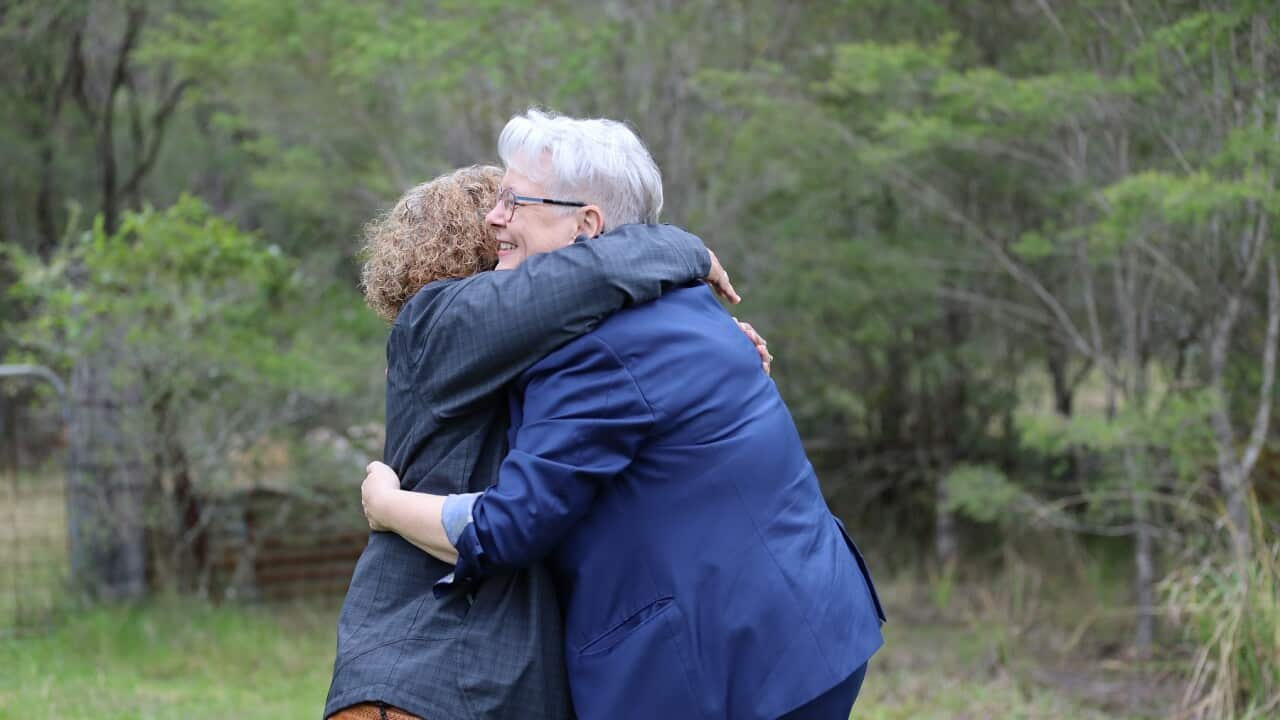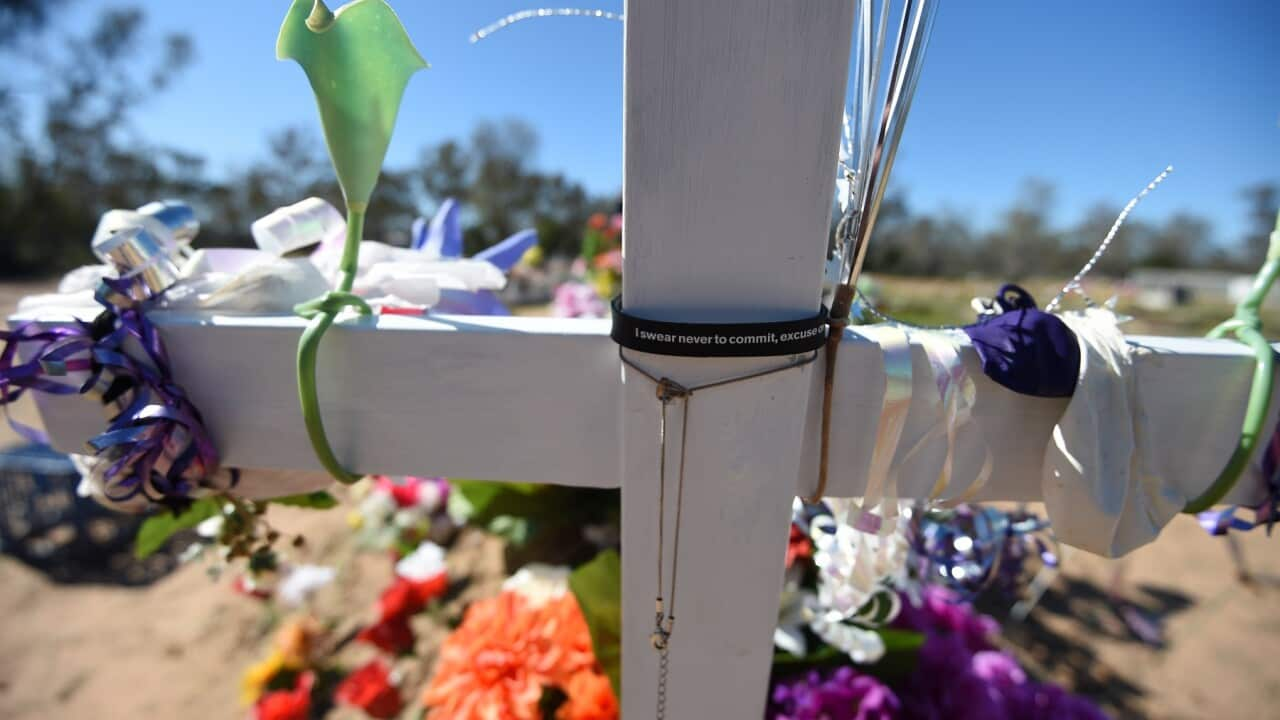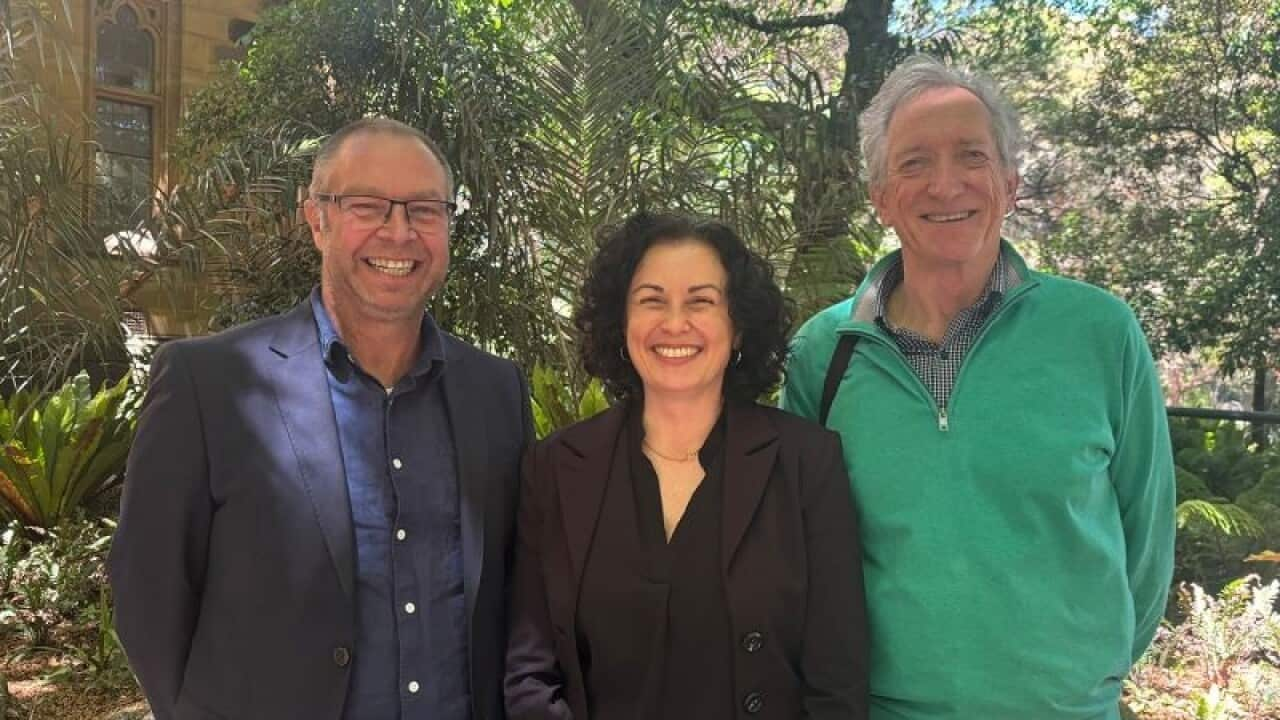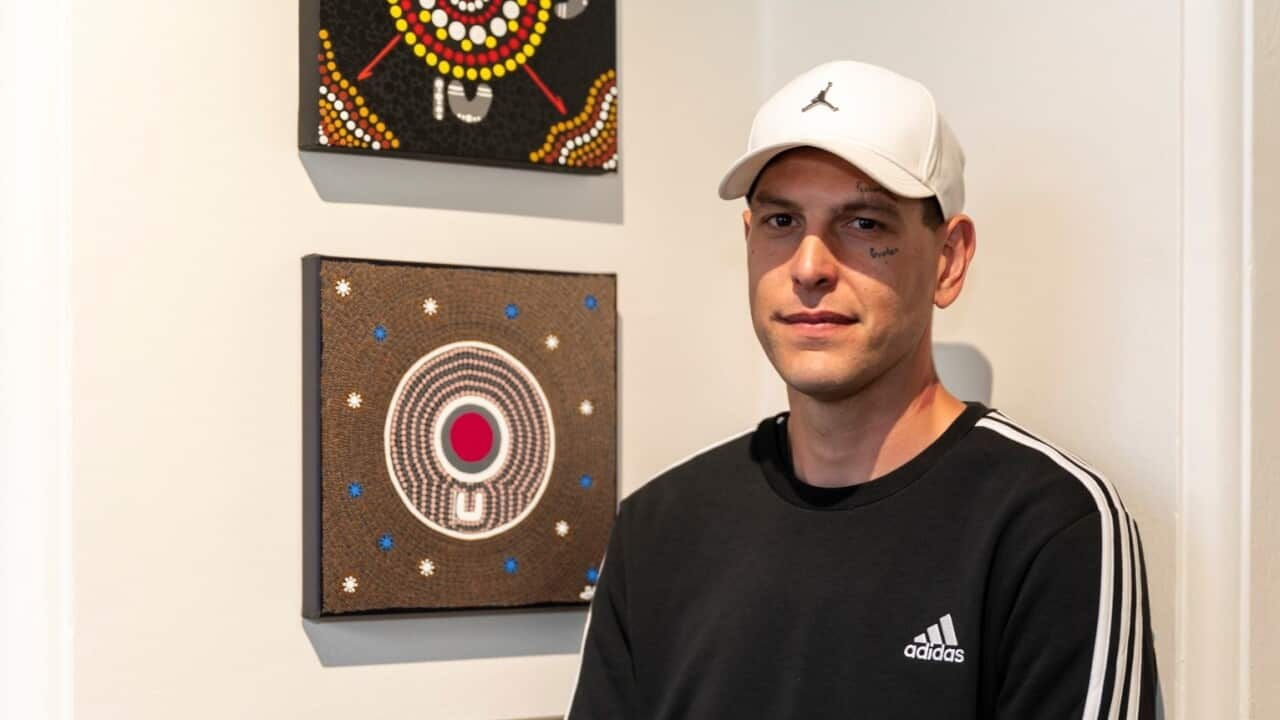TRANSCRIPT
The Awabakal community in the New South Wales Hunter region is celebrating the protection of its sacred Butterfly Cave.
After 13 years of campaigning, the state government has purchased the land to create a National Park.
Located in West Wallsend, this significant Aboriginal site has a history spanning tens of thousands of years and was the first sacred women's site recognised in New South Wales.
Among those fighting to save the cave was Aunty Lyn Brown, an Aboriginal role model in the Awabakal community.
She says the cave holds cultural importance for the Awabakal people, who used it for birthing, spiritual ceremonies, and teaching young girls about women’s business.
"The whole area is significant. That's where they all used to gather and to destroy that, that would break many histories, many wounds within the community. That's a place where we all used to catch up and be a part of Aboriginal history. So the history has always been there. But to hear that there was going to be development there, it was going to break our hearts and we didn't want to anything to happen to it."
Aunty Lyn says hearing the site had been saved was an incredible feeling.
Until recently, Awabakal women had to ask permission to walk on the track to the cave, but now they can go to the sacred site whenever they want.
"The announcement of saving the cave, saving the site around it was amazing. It was like our hearts were broken and they just mended it. Excitement, crying, happiness. We finally did it. It took us a long time. We continued to fight and fight and fight until we got what we needed for our community and our Aboriginal people."
She believes this victory will empower others to fight for the protection of their sacred sites.
"In the past, everyone and everybody gave up. They'd say, 'no,no,no , that's not gonna happen'. But you know, hopefully people (will) say they will never give up and will keep fighting and fighting for our rights."
New South Wales Minister for Heritage and the Environment, Penny Sharpe, has been working to free the site from developers.
She says this victory was hard won.
"This is a tribute to the tenacity of the woman who've built a campaign for over 10 years and refused to take no for an answer. But I also want to acknowledge that the developers came to the party and were willing to allow the government to purchase the land and to hand it over to the National Parks and Wildlife Service."
She says the fact that the state was able to acquire the site from the developers is significant.
"It's really important. I mean, this has been recognised as a significant Aboriginal place since 2013, but what's really important is that it understood the context of the area, the importance of the journey to get there, and ensuring that the cave is actually well maintained in things like water flow and those kinds of things. It's sort of the intangible part of the whole story that makes it so special, and it's really important that we've been able to make sure that the health of the cave is as important as the journey, as important as this piece of bushland as well."
Clayton Barr, the New South Wales M-P for the Electorate of Cessnock, has also been actively involved in advocating for the protection of the Butterfly Cave.
He describes the site's importance to the Awabakal people and why it was important for him to bring justice to the Awabakal women.
"The significance and importance of a kind of connectivity to culture and connection to country, and how important this site was to that, and that they were still actively, very, very actively using that site, with the younger women coming through and connecting them with their culture and doing what they call 'sister speak', and the significance historically over 60,000 years of this site. So you know, it was pretty obvious right from the start that there was a justice question here. And my role as the MP, albeit a male, but my role was to assist these women to realise justice, and that's been the pathway and journey which has kept us connected over these last 13 years. It's been a real privilege, a real honour."
Mr Barr remembers the moment the women heard that a deal had been reached and that the government was buying the site from the developer.
"We got the women together and told them and obviously it was stunned disbelief at first and then you could see it gradually sinking into the faces and the women and then of course it was tears and joy and hugs and tears and joy and hugs and tears and joy and hugs. It was it was it was a beautiful beautiful moment and ... again, it's just overwhelming. I can't describe - and I'm a white male - but I can't describe how significant it was to finally realise justice after such a long and drawn-out battle, where there was a lot of goodwill at all levels of government across all political sides of government, but we just weren't quite delivering what was needed until just now."













